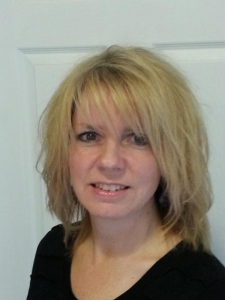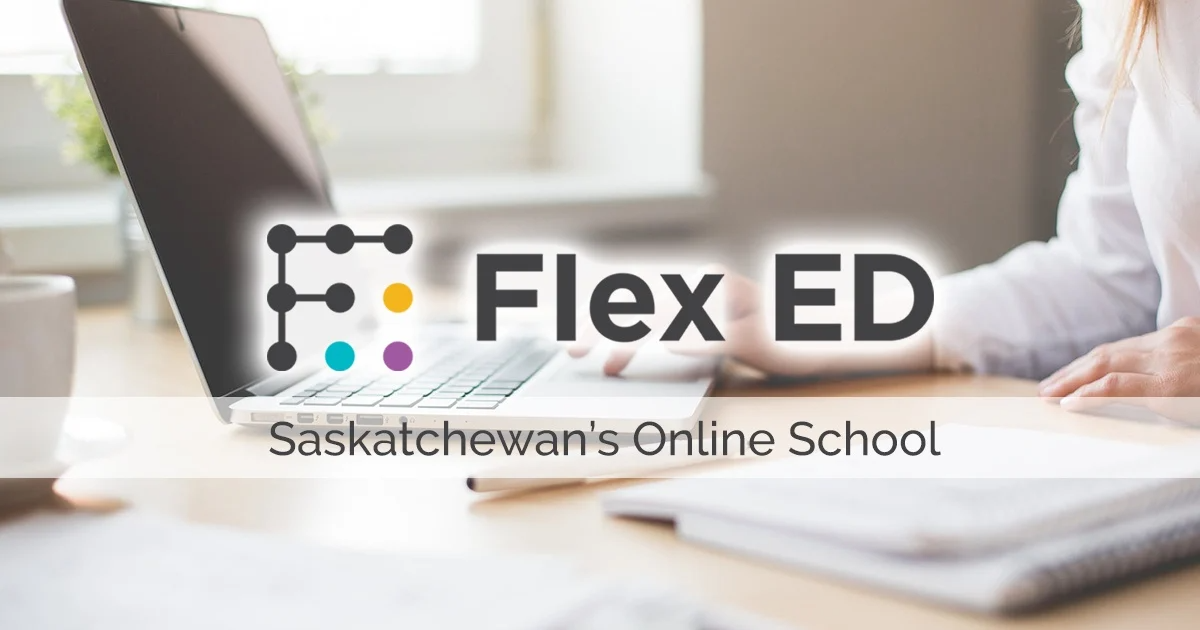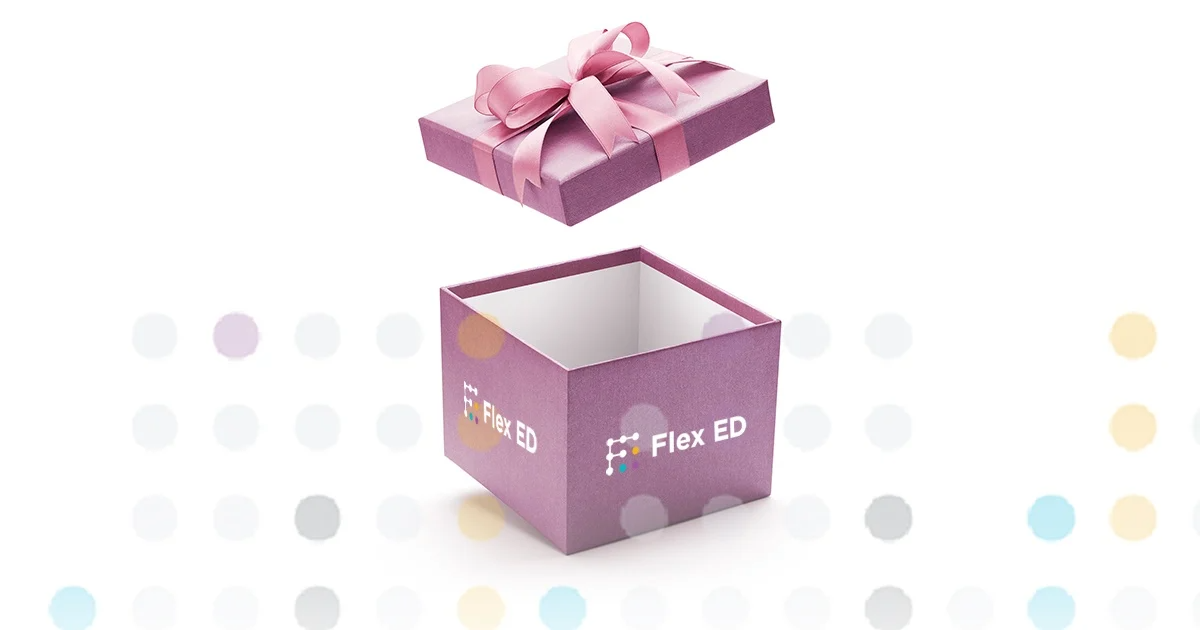The Start of Flex ED: An Interview with Founder Ann Cook

Editor’s Note: Ann Cook is the Founder and Principal of Flex ED. She has a Bachelor of Science in Biology and a Bachelor of Education. Cook also holds a Master of Education in Online Communications and Technology from the University of Saskatchewan.
After exploring both traditional education and homeschooling first-hand, Cook saw a gap in the educational system; to fill it, she combined the approaches of both educational programs and created Flex ED.
Question: What’s your background in education, and what were you doing before you founded Flex ED?
Cook: I spent several years working with students from kindergarten to grade 12 in a public system. Then, while my children were still young, I started homeschooling them. I went from teaching in the regular system to homeschooling, and then I began working on the concept of Flex ED.
Question: Did homeschooling your kids inspire you to create Flex ED?
Cook: Yes. When I taught in the public system, l really did enjoy it. I loved interacting with the kids and the other teachers. It was always exciting to me; however, I did see some gaps in the traditional school setting.
When I began homeschooling, I loved it. But just like in the public school setting, I found there were missing elements, for instance, the provision of an accredited educationSo, I took what I deemed the best components from both models and put them together to form Flex ED.
I really had the Student at the forefront when I put this program together. I wanted a better solution for my own children and put them in Flex ED immediately. Three of my kids have already graduated from the program.

Question: What are some of the benefits students receive from an online education program like Flex ED?
Cook: I have realized that a student’s learning environment is much more important than I initially thought. Some kids, for example, prefer a quiet learning environment while others thrive in a noisy one. One of the benefits of Flex ED is that students can learn from anywhere and create their own learning environment.
Similarly, Flex ED allows students to create their own schedules. Like adults, young people tend to have set times where they process and absorb more information. Some learn more early in the morning and others learn better late at night. With Flex ED, students can learn when they are at their best.
Question: What is one of your favorite student success stories?
Cook: I have so many it’s really hard to choose! One particular story does come to mind, though. There was a middle school student who had a lot of problems with math in the traditional system. When he started our program, the quietness of his learning environment allowed him to excel in math. We saw his test scores go from fairly low to quite high, and it had everything to do with the learning environment he was able to achieve with online learning.

Question: What are the student/teacher relationships like at Flex Ed?
Cook: We’re finding that even though relationships are formed virtually, they are still quite strong. I’ve heard from the teachers and from the students, and both agree that there is more one-on-one time and individual attention here than in a traditional setting. Students feel their teachers are more accessible. They feel connected to their teachers, and on the flip side, teachers feel equally connected to their students. Teachers feel they can truly help their students, and communicate with them as often as they need to.
We see a lot of kids being with their teachers for more than one year, enabling longer lasting relationships. Students can build relationships with other students, too, through cross-curricular clubs and interactions.
Question: What do you say to families who question whether or not an online education is right for them?
Cook: I ask families to think about their goals and the kids. They have to examine what kinds of things they want from their education. They have to examine the pros and cons.

We’ve talked about some of the pros. A potential con is that, with online learning, kids are more responsible for time management. There isn’t a teacher at the front of the class telling them what to do. Kids have to be more accountable.
I would encourage everyone to, at the very least, look into Flex ED as an option. If a family does decide to choose Flex ED, my advice is that they commit to it for at least a year, and to anticipate a learning curve—but a lot of perks, too.

Flex ED offers a unique education alternative that embraces a “school without walls” approach to learning. The program is flexible to meet the growing needs of students and their families in the greater global community. Flex ED’s empowerment model for teaching and learning is on the cutting edge of educational trends, upholding the philosophy that school occurs wherever learning takes place. Through technology, social media, and teacher support, students learn and grow in a safe, supportive online environment.
Flex ED provides the complete Saskatchewan curriculum of education, supervised and marked by a Saskatchewan certified teacher.
Whether students are looking for an online school or need help supplementing a homeschool curriculum, Flex ED can help to facilitate those needs. Learn more at:https://www.flexed.ca










